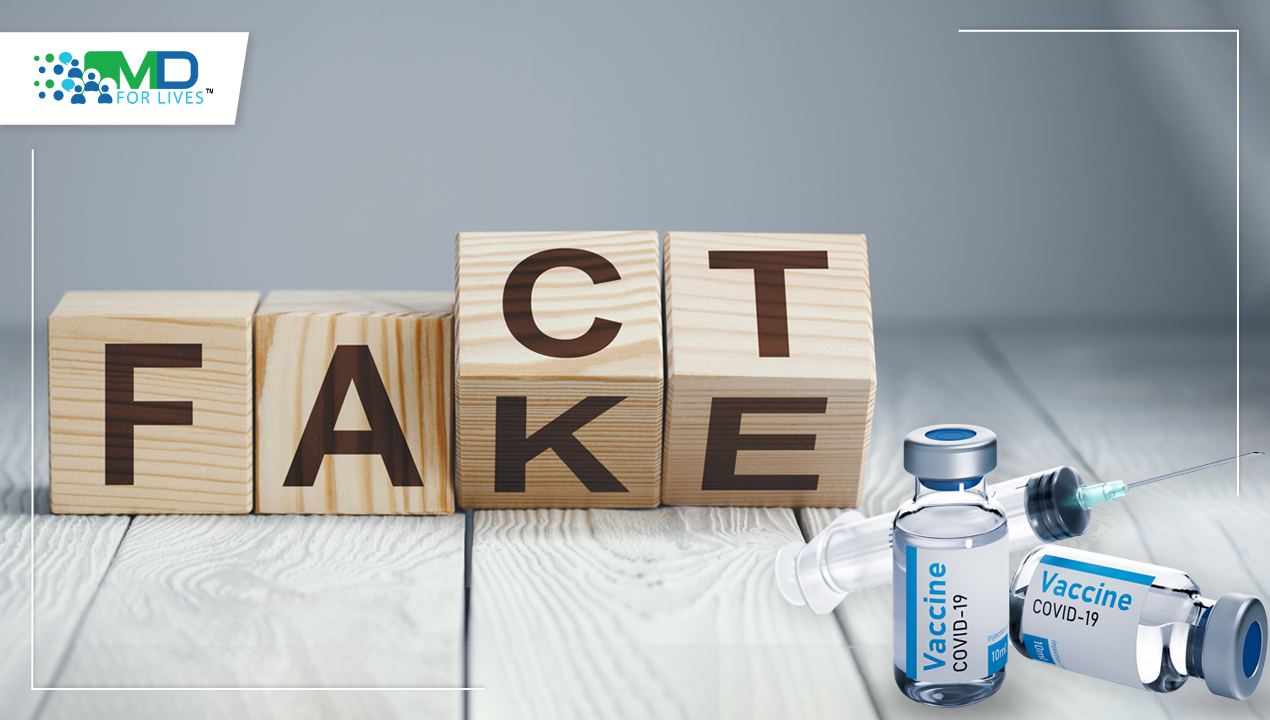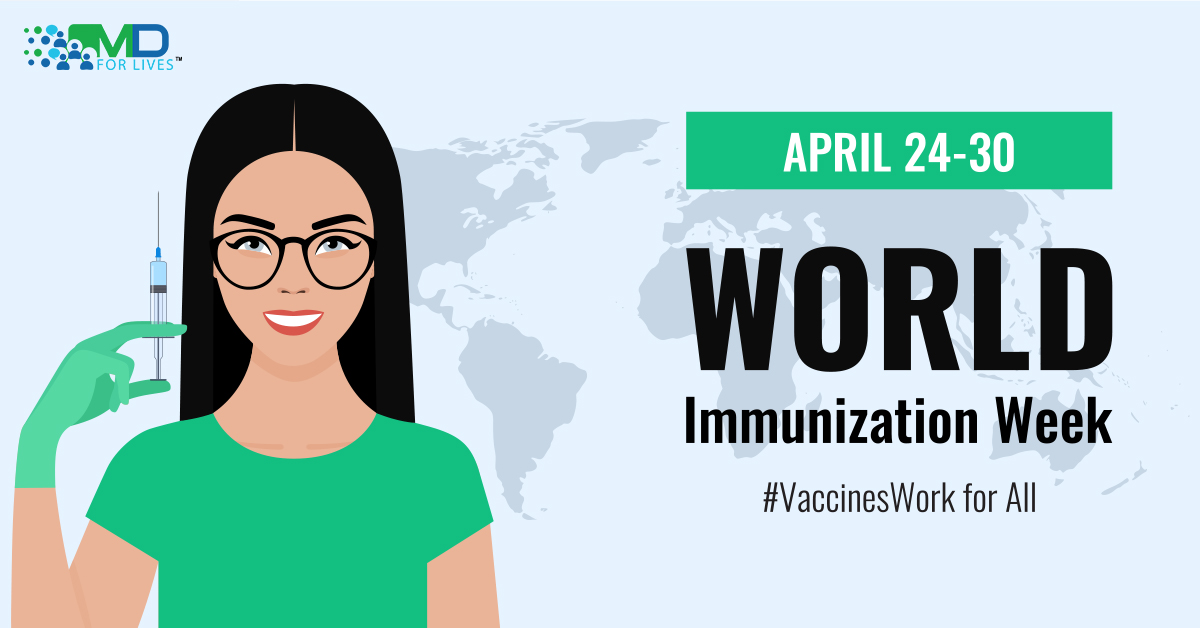Health officials report that as of late September 2022, just 31% of children aged 5 to 11 in the United States had received the full main set of COVID-19 immunizations, compared to roughly 78 percent of adults. According to a recent study, this stark gap is in part due to people accepting false information on the safety of vaccines in general and the COVID-19 vaccine. According to health officials, approximately 78% of adults in the United States had finished the primary round of Covid-19 immunizations as of late September 2022, while just 31% of children aged 5 to 11 had. In an open-access article published in the journal Vaccine, researchers from the University of Pennsylvania’s Annenberg Public Policy Center (APPC) attribute the dramatic disparity in part to the acceptance of mis-information about the safety of vaccines in general, and the Covid-19 vaccines.
Can COVID-19 have long-term consequences on children?
A post-COVID-19 condition can appear in anyone who has received COVID-19. According to research, both moderate and severe COVID-19 in children have long-lasting effects. Children most frequently exhibit the following symptoms:
- exhaustion or tiredness
- Headache
- difficulty sleeping difficulty focusing
- joint and muscle ache
- Cough
The presence of these symptoms may make it difficult for the kid to go to school or engage in regular activities. The researchers discovered that American adults’ reluctance to receive the Covid vaccine is linked to false beliefs about both vaccines in general, such as the notion that they contain toxins like antifreeze, and about particular vaccines, such as the misconceptions that the measles, mumps, and rubella (MMR) vaccine causes autism (false) and that the flu vaccine raises your risk of contracting Covid-19 (there is no evidence of this). However, those same worries also foresaw hesitation among people who have had vaccinations themselves to immunize children between the ages of 5 and 11. All of the misconceptions is analyzed focused in some way on the safety of vaccination, and that explains why people’s preconceptions about immunizing children are so heavily tied to their fears about vaccinations in general. Unfortunately, when parents consider immunizing children, such worries weigh much more strongly. From April to September 2021, the adoption of the Covid vaccinations among adults was strongly predicted by false assumptions about vaccine safety. By September 2021, just 40% of those who said they believed the falsest information had gotten the recommended number of doses of the Covid vaccine. On the other hand, 96% of individuals who expressed the least amount of disbelief in false information reported having had the vaccinations.
Why do children require a COVID-19 vaccination if they do not usually suffer from serious COVID-19 illness?
A kid may be protected against contracting the COVID-19 virus, becoming extremely unwell, or needing hospitalization by receiving the COVID-19 vaccination and booster, updated to the most prevalent strain of the virus that causes COVID-19. Getting vaccinated against COVID-19 can make it safer for the child. And to engage in their daily schooling or team sports and other activities.
Is there any long-term study on the COVID-19 vaccinations’ effects?
Because clinical studies for the COVID-19 vaccine only began in the summer of 2020, it is unclear if the immunizations will have long-term impacts. Vaccines, on the other hand, seldom have long-term impacts. After being completely vaccinated, a part of the children in each age group were observed for safety for at least two months. Furthermore, all immunization providers in the United States are required to record major adverse events, such as allergic reactions, to a national programme known as the Vaccine Adverse Event Reporting System.
Which kids should not receive the COVID-19 vaccine?
A child who has a known history of having a severe adverse response to any of the COVID-19 vaccine’s components should not receive the vaccination.
WHO issues an interim statement on COVID-19 immunization for children.
With the assistance of the COVID-19 Vaccines Working Group and the Strategic Advisory Group of Experts (SAGE) on Immunization, WHO is examining the newly available data regarding the requirement for and timing of immunizing children and adolescents with the currently available COVID-19 vaccines, which have been granted Emergency Use Listing (EUL). For the most full and updated information on this subject, SAGE is regularly examining the literature and has contacted vaccine producers, the scientific community, and Member States. The Strategic and Technical Advisory Group of Experts on Maternal, New-born, Child, and Adolescent Health and Nutrition (STAGE) provided further assistance in the development of this interim statement. This initial statement does not constitute a policy proposal. It investigates the function of COVID-19 vaccinations in children and adolescents in a global environment of unequal vaccine distribution and access across countries, at a time when many countries have yet to reach high vaccine coverage rates in the highest and highest priority-use groups.
The Research
The study is based on four waves of a nationwide probability survey done by independent research company SSRS with over 1,600 U.S. adults for APPC. The waves were scheduled for April, June, and September 2021, as well as January 2022. The last wave took place several months after the Food and Drug Administration (FDA) granted emergency use authorization for Covid-19 vaccinations for 5- to 11-year-olds in October 2021, and the CDC advised vaccinating this age group. Panelists were quizzed on their Covid and vaccination knowledge, attitudes, and habits. The panelists’ full immunization rates varied from 31% in April 2021 to 71% in September 2021, then increased to 74% in January 2022.
Covid-19 Vaccination and Kids
The APPC team’s main concern was: Why would an adult who has received the Covid-19 vaccine show reluctance to have a 5- to 11-year-old receive it as well? The study’s conclusion is that, in addition to widespread misconceptions about the safety of vaccines and immunization, false information about the safety of the Covid-19 vaccine made even immunized adults, including immunized parents of children, less likely to advise Covid-19 vaccination for children aged 5 to 11 years old.
FactCheck.org, an initiative of the APPC, states that there is no proof that Covid vaccines cause infertility, alter the DNA of recipients, frequently cause allergic reactions (severe allergic reactions are uncommon), are riskier than contracting Covid-19 (false), or are to blame for thousands of deaths. Among the Covid-specific myths at issue (no evidence).
In January 2022, only approximately 55% of poll panelists stated they were “very likely” to suggest immunization for a kid aged 5 to 11, and the ratio was significantly lower (44%) among parents of a child under the age of 18. As shown in the figure that goes with this news release, respondents who expressed a greater belief in misinformation (those with a higher vaccine misinformation score) were less likely to advise vaccinating a child between the ages of 5 and 11; belief in vaccine misinformation decreased as the likelihood of advising vaccination increased. It is obvious that worries regarding vaccination safety are a strong indicator of refusal to vaccinate oneself or one’s children. It is understandable that adults would be especially worried about side effects, effects on DNA, the likelihood that children would be fertile, and the risk that a vaccination may be toxic or result in autism. Public health ought to place a high focus on allaying these unfounded worries. The Covid vaccinations for kids have a proven track record of preventing hospital stays of more than 20 weeks and lowering infection risks.
The APPC study discovered less support for Covid-19 vaccination of children among respondents who identified as Black and Hispanic, evangelical Christians, Republicans, and women, as well as among parents of children under the age of 18. This is consistent with other research on adult vaccination hesitancy. The journal Vaccine provided false material online on the safety of vaccines and the uptake of COVID-19 vaccines among adults and children aged 5 to 11 in the United States (in corrected proof, Oct. 1).

MDForLives is a global healthcare intelligence platform where real-world perspectives are transformed into validated insights. We bring together diverse healthcare experiences to discover, share, and shape the future of healthcare through data-backed understanding.






